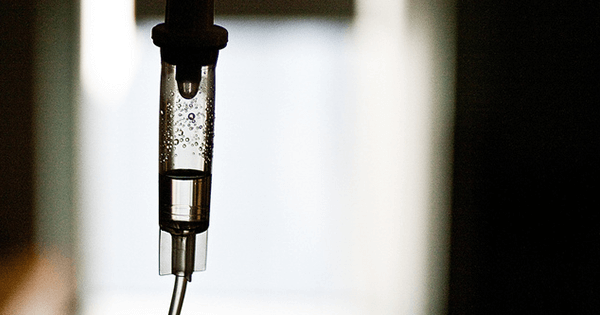
David Lehman, poet and columnist for our website, is writing a book about his cancer diagnosis and recovery. “In a way, the book has the logic of a poem,” he says. “But the illness and the treatments are really a springboard for memory, dream, fantasy, invention—all the ways we try to escape—and for taking stock of your life and the ultimate questions that face you when you take seriously the fact that you may die sooner than you thought.” The following passage is from Lehman’s manuscript in progress.
An autobiography can be a “spot of time” from long ago that stands for the whole of the life. There is a theory that everyone has a moment of greatness, a moment when he or she has reached a peak and will never again be as heroic, or as beautiful, or as brilliant, and it is to such moments that biographers and moviemakers instinctively turn. So you see Johann Strauss Jr. at the piano, struggling to compose the Blue Danube waltz, or Harold Arlen stopping the car at Schwab’s drugstore to jot down the melody of “Over the Rainbow.” But if each of us is a composite of many selves, wouldn’t multiple autobiographies be in order?
Was it in 2010 that Mark Strand came over for dinner, arrived at precisely 6:00 p.m., brought the wine, and loved the high-powered nocino liqueur that my wife, Stacey, makes? Was it then that he told us he was thinking of writing something called “One Hundred Autobiographies”?
“That’s a fantastic title,” I said.
“Well,” he said, “you can use it if I don’t.”
Mark died of cancer in 2014.
There are days, however, when a medical report will suffice on the autobiographical front:
Three chemicals will be pumped into your “power port” for four months. Has Jasmine gone over the side effects with you? Very well, then. You know roughly what to expect. It may wreak havoc, but that’s how we kill the cancer. Unfortunately we kill a lot of healthy cells too. There is no way to distinguish between them. The oft-used simile for chemotherapy is the bombing of a whole city to knock out one building.
Can you be more specific?
Please arrive fasting for your next procedure. Nothing to drink or eat after midnight. The procedure is scheduled for 10:00 a.m. but will be delayed until 5:00 p.m. This is a hospital, and emergencies happen. Oh, you don’t have to apologize for losing your temper. In your shoes, I would do the same.
“Now stand tall for me, please,” the nurse said.

